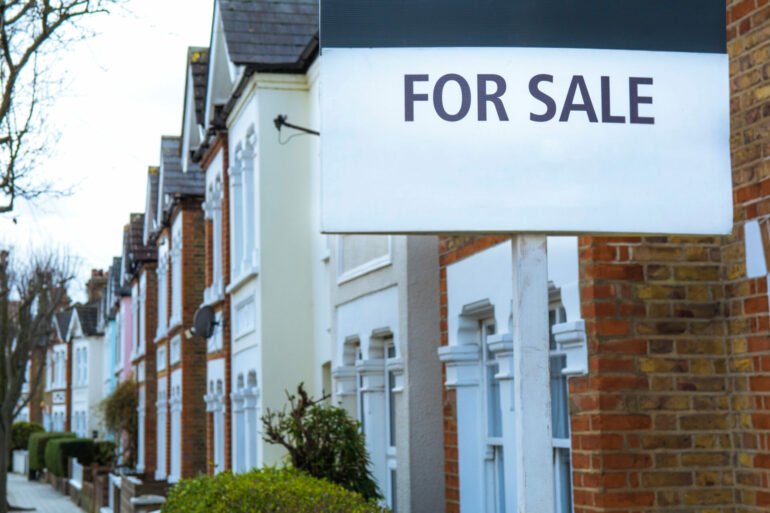Rent and mortgage spending rose 5.2% year-on-year in July, with spending on utilities also up by 2.7%, data from Barclays Property Insights found.
The number of renters saving for a deposit dropped to a six-month low at 17% in July, down from 31% in January.
Rising house prices overtook deposit costs as the main barrier to homeownership, at 38% compared to 35%.
Nearly two-thirds of renters (62%) had seen or expected a rent increase this year, making it harder to save.
Only 12% thought homeownership was achievable within the next year, rising to 16% who believed it was possible within five years.
Affordability limited choices, with 37% saying they could not afford to buy in their current or preferred area.
Three in 10 renters, or 28%, were not interested in homeownership, the highest this year.
Only 17% were actively saving for a deposit, the lowest level in 2024, having been at 31% in January.
Popular ways to save included cutting discretionary spending at 14%, reducing holidays at 11%, or taking on side hustles at 8%.
Over half (55%) of all consumers believed renting was more expensive than paying a mortgage.
This figure rose to 61% among homeowners, compared to 42% of renters.
On average, renters spent 30.8% of their take-home pay on housing, while homeowners spent 26.6% on their mortgage.
Homeowners reported higher average incomes at £37,775, compared to £23,562 for renters.
A quarter of renters, at 26%, said they struggled to afford monthly payments, versus 15% of homeowners.
Nearly half (45%) of renters had changed their spending habits to afford housing costs.
Among those looking to buy, 45% wanted to save as much as possible for a deposit to reduce mortgage repayments, while 12% would consider buying with a smaller deposit and higher borrowing costs.
A third, or 34%, were willing to buy a smaller property to borrow less.
One in seven, at 16%, said they would use all their savings to get on the ladder, rising to 20% among millennials.
Jatin Patel, head of mortgages, savings and insurance at Barclays, said: “Many people dream to one day own a home, but our latest findings highlight how renters are finding it ever harder to save for a deposit while keeping up with rising costs.
“More positively though, we’re still seeing savers create strong habits, and consider carefully the balance between getting into the market quickly with a lower deposit or trying to minimise monthly repayments in the longer term.
“We’re committed to giving first time buyers the tools they need to get on the property ladder.”
Patel added: “That’s why we’ve adapted our product range to include new propositions like Mortgage Boost, so that family members can still support first time buyers, even if they don’t have a lump sum that they can gift up front or use with our Family Springboard mortgage.”
Will Hobbs, managing director, Barclays Private Bank and Wealth Management, said: “The UK economy remains in a better place than the public debate would suggest.
“Many of these talking heads seem narrowly fixated only on what could go wrong for society, the economy and the future of both, using frequently questionable evidence in support.
“While there is, as usual, much to worry about, the fact that real (inflation adjusted) household incomes continue to grow briskly remains an important positive, as is the still substantial arsenal of ‘excess’ savings.”
Hobbs added: “The key to unlocking this pent-up spending power is confidence, a nebulous factor both hard to measure and even harder to forecast.
“Those trying for a balanced view of the future will remember that in terms of forecasting success, the blind optimists would have trounced the sober pessimists for most of the last few hundred years on the economy both in the UK and globally.”



